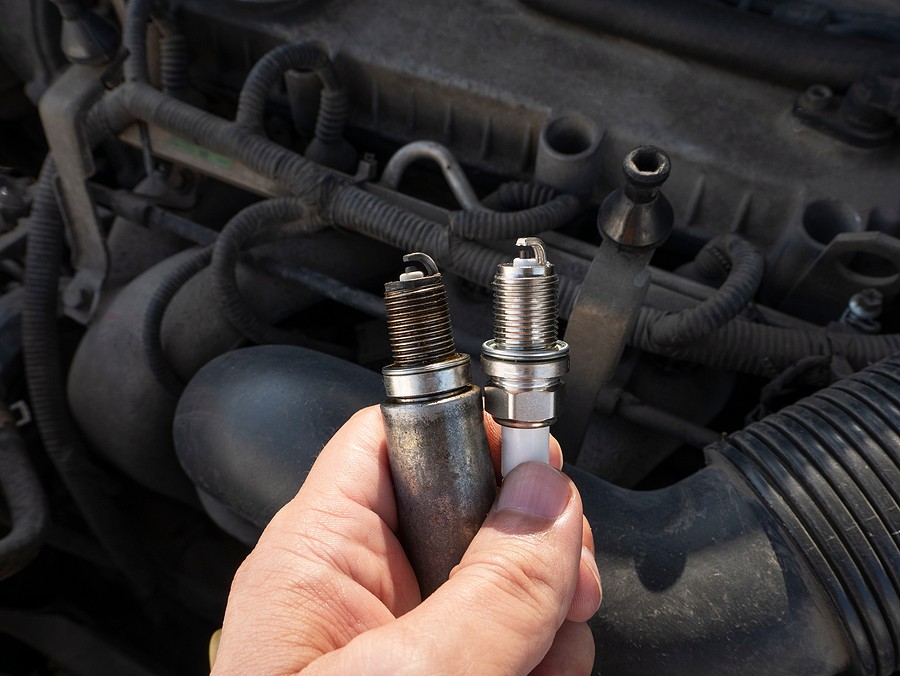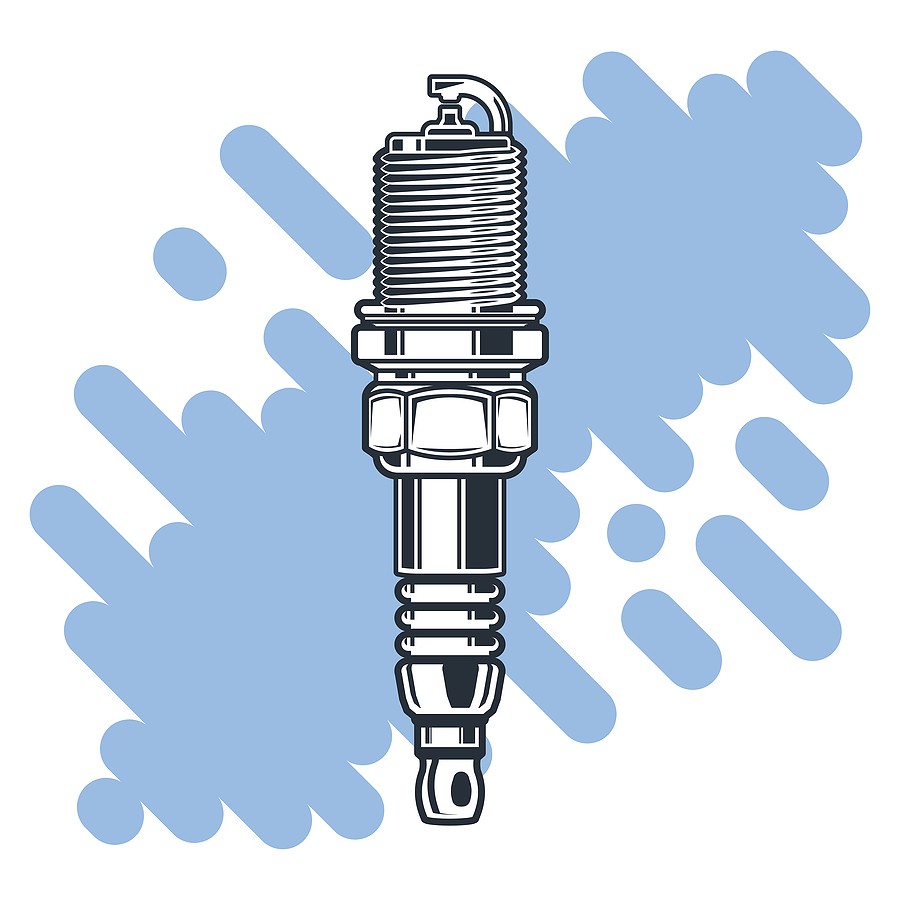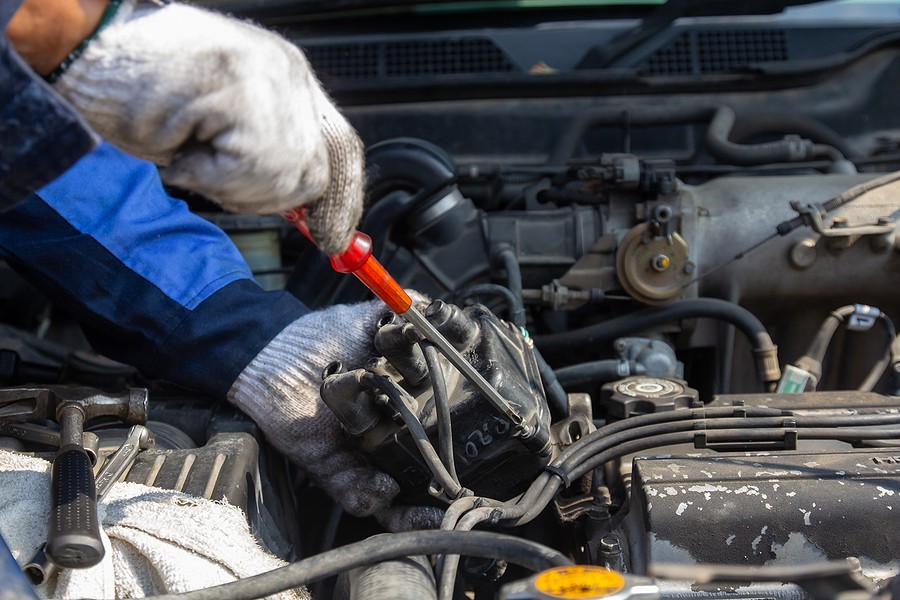Introduction
Spark plug replacement is a crucial aspect of vehicle maintenance, often overlooked until issues arise. The cost for this service varies widely, typically ranging between $100 and $500. This variation is influenced by factors such as engine type, the quality of spark plugs used, and labor charges. Understanding these costs upfront can help car owners plan maintenance effectively and avoid unexpected financial burdens.
Why is it important? Efficient spark plugs are vital for a car's performance. They ensure smooth engine operation and fuel efficiency. Being informed about potential costs helps in making informed decisions about vehicle care.
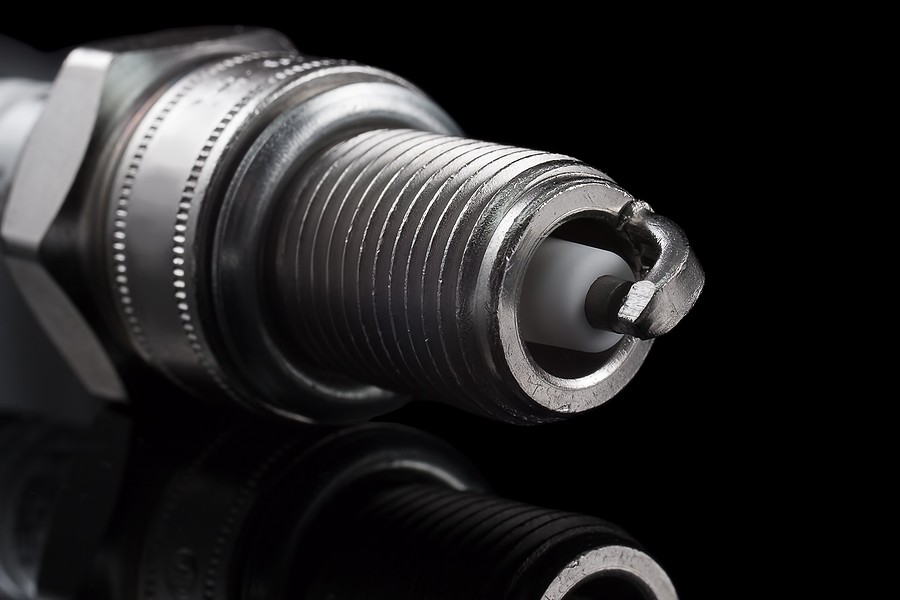
Understanding Spark Plug Replacement Costs
1. Factors Influencing Cost
Different engines require different spark plugs, affecting the cost. V6 and V8 engines generally incur higher replacement costs than simpler four-cylinder engines due to their complexity and the number of spark plugs required. Labor costs are another significant factor, ranging from $40 to $350, varying based on the mechanic's expertise and location.
1.1. Component Costs
The price of spark plugs themselves varies. A set can range from $30 to $150, depending on their quality and type. Additional components like spark plug wires also contribute to the overall cost. Higher-quality iridium spark plugs, for instance, can cost between $20 to $100 each but offer better longevity and performance.
2. DIY vs Professional Replacement
For those with a bit of mechanical knowledge, replacing spark plugs can be a cost-effective DIY project. It requires specific tools and an understanding of your vehicle's engine. However, professional services, while more expensive, offer reliability and peace of mind, especially for complex engine types.
2.1. Labor Insights
Selecting the right mechanic is crucial. Skilled labor ensures the job is done correctly but can be costlier. It’s wise to compare quotes from different repair shops to find a service that balances expertise with affordability
3. When to Replace Spark Plugs
The replacement interval for spark plugs varies. Typically, they should be replaced every 30,000 to 100,000 miles, depending on the type of spark plug and vehicle make. Indicators for replacement include difficulty in starting the car, engine misfires, and decreased fuel efficiency.
3.1. Longevity Factors
The lifespan of spark plugs can be affected by driving conditions and the overall health of the engine. Regular engine checks are crucial to ensure the longevity of the spark plugs and to identify any conditions that might shorten their life.
Personal Insights and Anecdotes
4. My Experience with Spark Plug Replacement
I remember replacing the spark plugs in my old Ford Mustang. It was a learning curve, understanding the importance of timely maintenance and choosing the right spark plugs. Due to the complexity of the V8 engine, I opted for professional services despite considering a DIY approach.
4.1. Learning Curve
This experience taught me the significance of balancing cost with long-term benefits. Investing in quality spark plugs might cost more upfront but can save money and hassle in the long run.
5. Common Queries Answered
AutoZone, for example, sells spark plugs and the necessary tools but doesn’t offer replacement services. For those considering DIY, it's important to assess if you have the necessary skills and tools. Safety should always be a priority.
5.1. Additional Considerations
The right installation is critical for vehicle safety and performance. If you're unsure, it’s always better to seek professional help. Tools required for DIY include a socket set, a spark plug socket, and a torque wrench, among others.
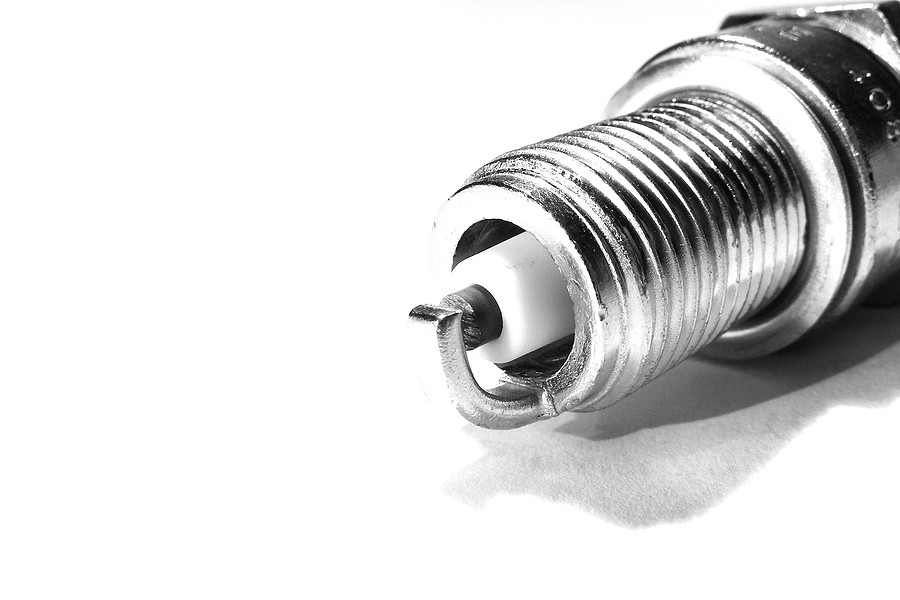
Comparing with Competitors
6. Market Comparison
This guide aims to provide a comprehensive understanding of spark plug replacement costs, balancing practical advice with technical details. It’s tailored to offer more than just numerical data, including insights from personal experience and industry benchmarks.
6.1. Industry Standards
Using industry data from sources like RepairPal, this guide offers reliable and accurate cost estimates. But more than that, it provides practical advice and insights that go beyond what competitors offer, making it a more comprehensive resource.
Final Thoughts
In conclusion, understanding the costs and factors involved in spark plug replacement is key to effective vehicle maintenance. Remember to consider both the short-term and long-term implications of your choices.
If you’re considering selling your car, regardless of its condition, contact Cash Cars Buyer at 773-791-4363 for a fair and hassle-free deal.
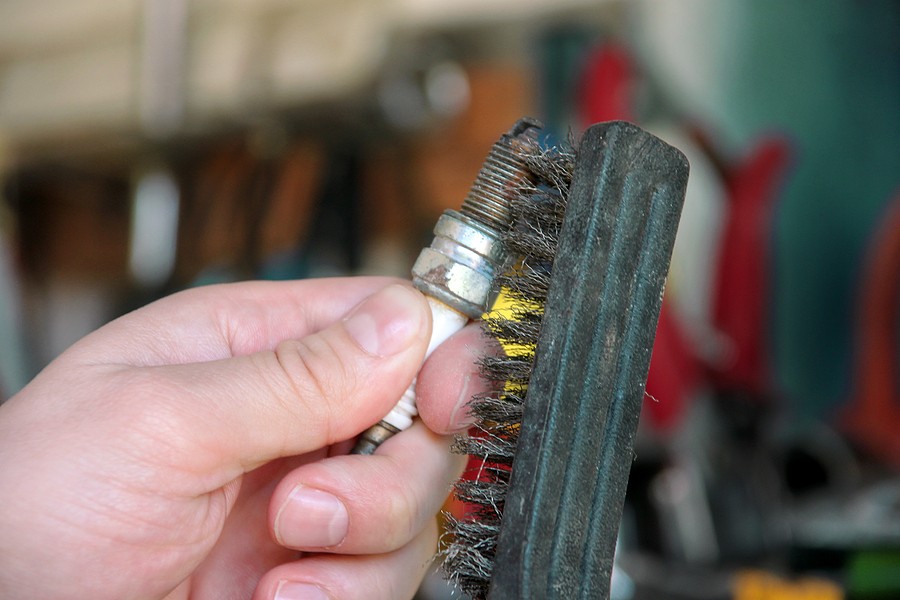
FAQ Section
Q1: How Often Should Spark Plugs Be Replaced?
- Answer: Generally, spark plugs should be replaced every 30,000 to 100,000 miles. This interval can vary based on the spark plug type and vehicle model. Always refer to your vehicle’s owner manual for specific guidelines.
Q2: Can I Replace Spark Plugs Myself?
- Answer: Yes, if you have basic mechanical skills and the right tools. It's a straightforward process for most vehicles. However, ensure you understand your vehicle's requirements and safety procedures before attempting.
Q3: Will AutoZone Replace Spark Plugs?
- Answer: AutoZone typically provides spark plugs and the tools needed for replacement, but they do not offer replacement services. They can offer guidance and advice on how to replace them yourself.
Q4: What Are the Signs That I Need to Replace My Spark Plugs?
- Answer: Common signs include difficulty starting your car, engine misfiring, irregular idling, increased fuel consumption, and a noticeable decrease in acceleration.
Q5: Are Expensive Spark Plugs Worth the Cost?
- Answer: Higher-priced spark plugs, like iridium or platinum ones, often last longer and provide better performance. They can be worth the investment, especially for high-performance or newer vehicles.
Q6: Does Spark Plug Quality Affect Fuel Efficiency?
- Answer: Yes, high-quality spark plugs can improve fuel efficiency. They ensure better combustion of the air-fuel mixture, leading to more efficient engine operation and fuel usage.
Q7: Is It Necessary to Replace All Spark Plugs at Once?
- Answer: It's generally recommended to replace all spark plugs at the same time for consistent engine performance and to prevent uneven wear.
Q8: Can Old Spark Plugs Cause Engine Damage?
- Answer: Over time, worn-out spark plugs can lead to engine misfires, poor fuel economy, and increased emissions. In extreme cases, they can cause damage to the catalytic converter.
Q9: How Can I Extend the Life of My Spark Plugs?
- Answer: Regular vehicle maintenance, including routine engine checks and following the manufacturer’s service schedule, can help extend the life of your spark plugs.
Q10: Does the Type of Vehicle Influence Spark Plug Lifespan?
- Answer: Yes, high-performance and luxury vehicles often require specific types of spark plugs that can handle higher demands, which may have different lifespans compared to standard vehicles.

